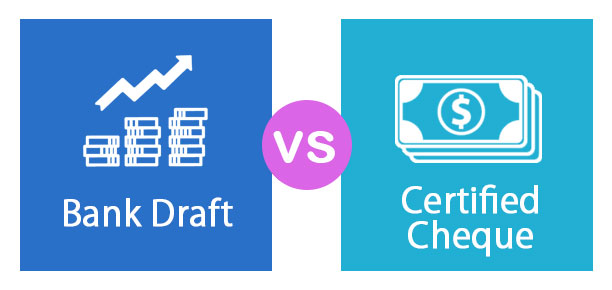Wire Transfer Vs Check

Often times the question of which one is best comes up.
Wire transfer vs check. There are two main ways to transfer funds at the closing of a real estate transaction a certified check or wire transfer. For example bank of america charges a transaction fee of 30 to send a domestic wire and as much as 45 for an international wire transfer. To help you make. Wire transfer fees for domestic transactions range from 20 to 100 to send receive or act as an intermediary in a wire transfer transaction.
There has been a debate brewing about cashier s checks and wire transfers and both sides have compelling arguments. The laws for this process can vary from state to state but funds must often be deposited and available prior to disbursement. After the pros and cons section you will find a section that highlights the best and worst sides of each money transfer method when compared with all the others on this list. Conclusion wire transfers vs.
The receiver pays around 15 dollars to. A certified check is certified by an officer at the bank first to be sure the funds are available at the time of writing and second to ensure the signature is legitimate. International wire transfers are more expensive. A certified check is different from what you ll find in your checkbook.
Funds received via wire transfer can often be paid out immediately but funds received via cashier s check must be deposited the day prior to disbursement. When a bank initiates a wire transfer a bank employee verifies that the customer has the funds available to send at the receiving institution an employee confirms the recipient s account is available to receive incoming funds. There are times when sending a paper check such as a cashier s check is preferable to sending an instant wire transfer but many people would prefer to have their money sent instantly rather than having to show up in person or post to check. A wire transfer moves funds on an individual basis taking money from one bank account and moving it directly to an account at another institution.
Wire transfers come with high fees. In fact most payments are electronic even checks get digitized. These transfers are an option when you can t or don t want to send a wire transfer. The term wire transfer is often used for various electronic transfers that aren t necessarily as instant or safe as bank wire transfers as described above.
Once you ve ordered a wire transfer your bank will connect with the destination bank and transfer the funds. A wire is normally much faster than an ach transfer and is completed within several hours or at the very least on the same business day as long as you make your bank s cutoff times. In this article you will find the pros and cons of ach transfers wire transfers electronic transfers direct deposits echecks and ach check conversions. Each bank sets its wire transfer fees and any other costs including service fees and investigation costs and any wire resubmission fees for which consumers are not protected by cfpb rules.
/ach-vs-wire-transfer-3886077-v3-5bc4cc6d4cedfd0051485d64.png)
/bank-wire-transfer-basics-315444_v3-5c89408ec9e77c0001a3e605.png)
:max_bytes(150000):strip_icc()/how-to-do-a-bank-wire-315450-v4-5b4766e2c9e77c001a2e43f8.png)


:max_bytes(150000):strip_icc()/what-is-an-aba-number-and-where-can-i-find-it-315435_final-5b632380c9e77c002c9ef750.png)
:max_bytes(150000):strip_icc()/ElectronicFundTransferAdobeStock_91053116-912781d9ce5b406192b7704d0bd1e91f.jpeg)











:max_bytes(150000):strip_icc():saturation(0.2):brightness(10):contrast(5)/114854586-56a493c33df78cf7728311d3.jpg)